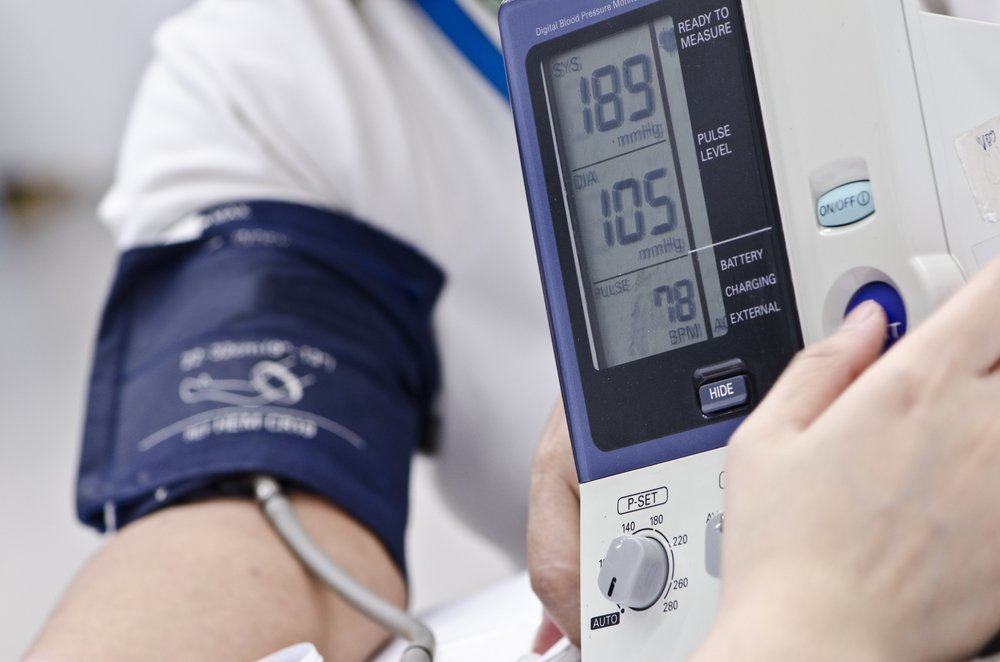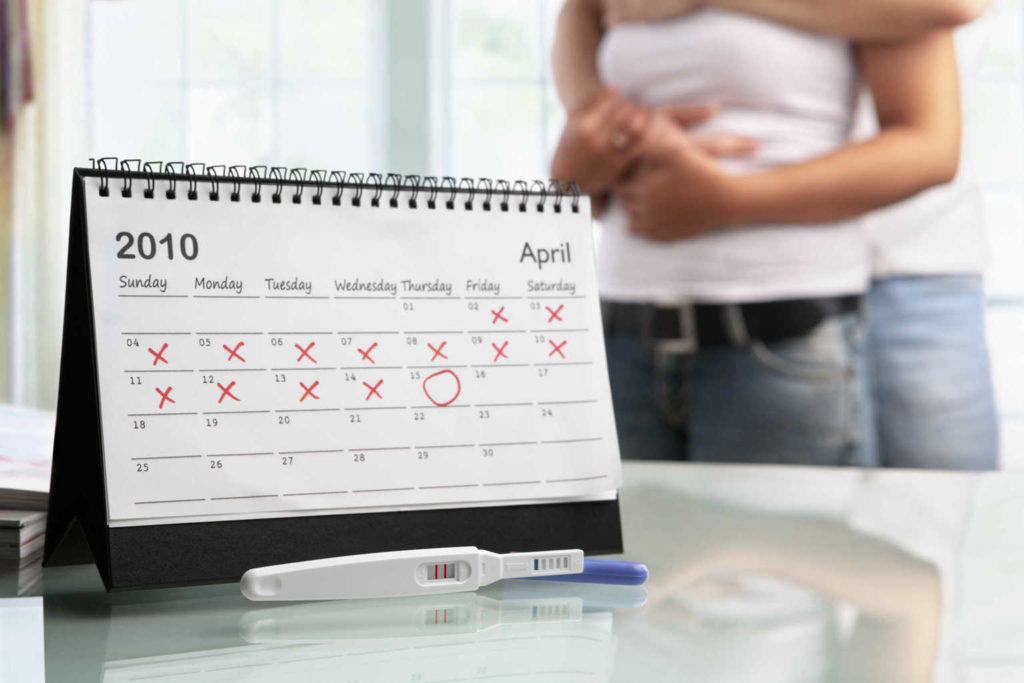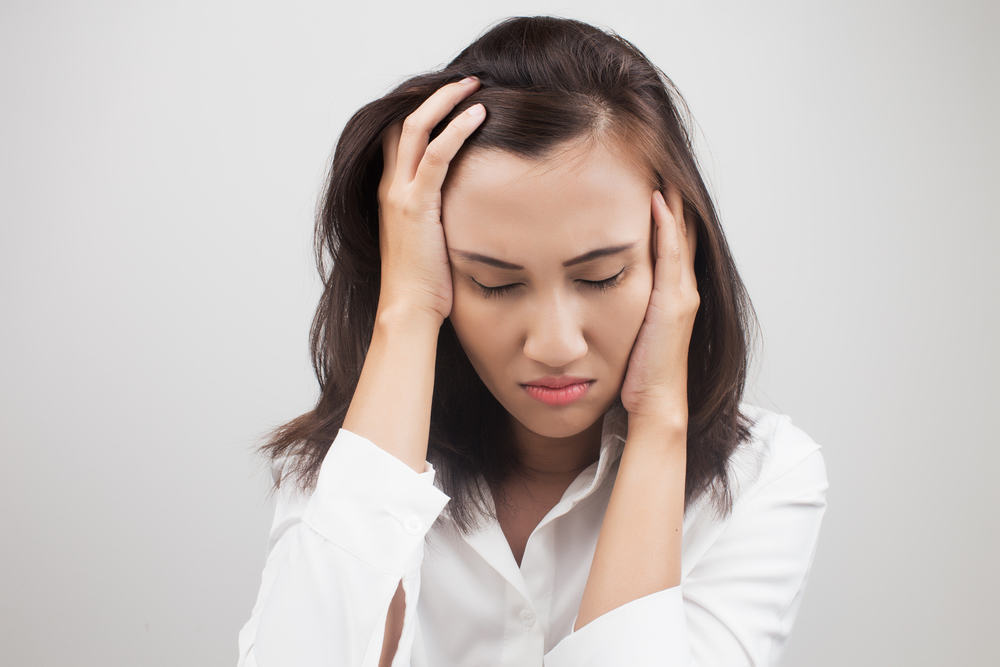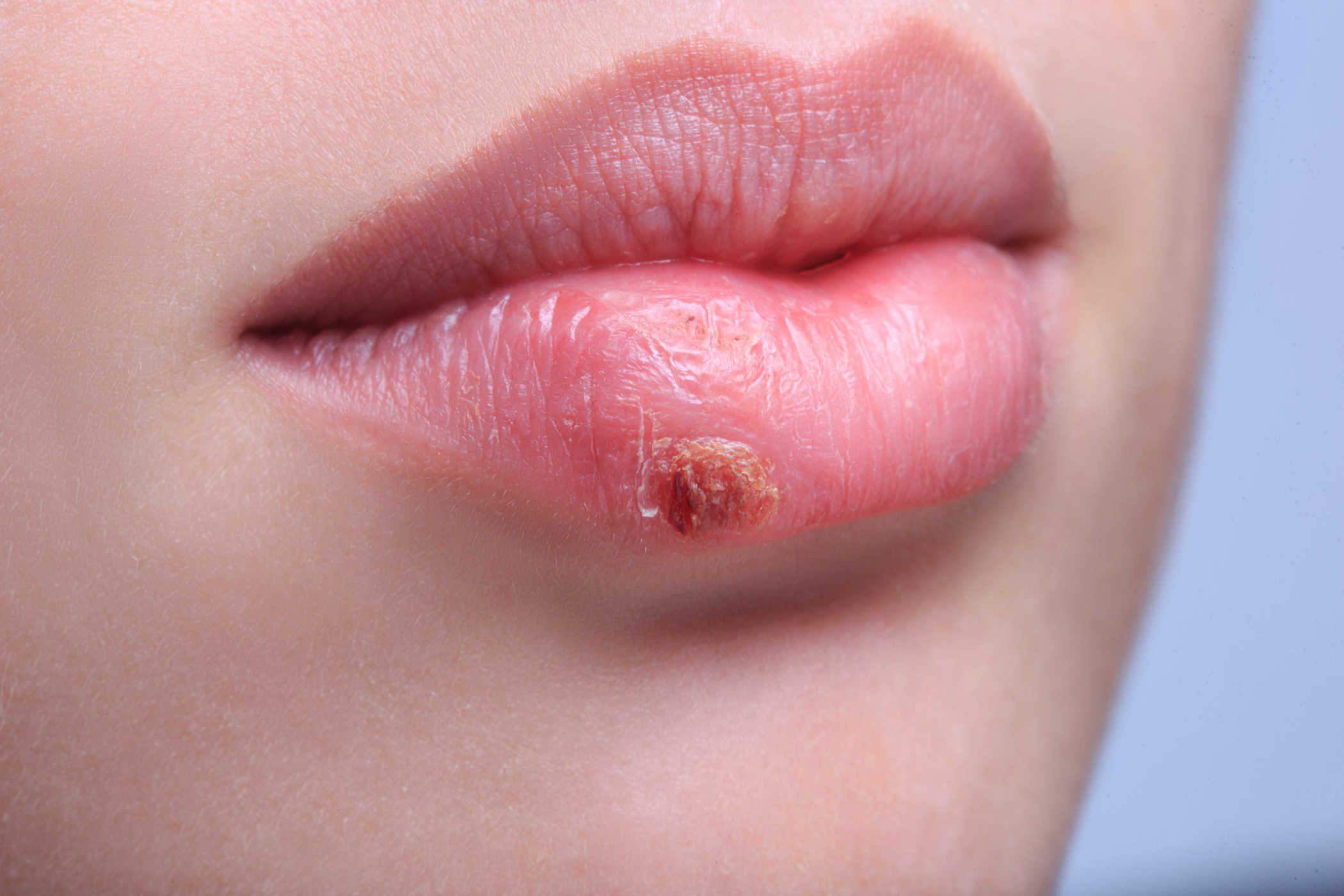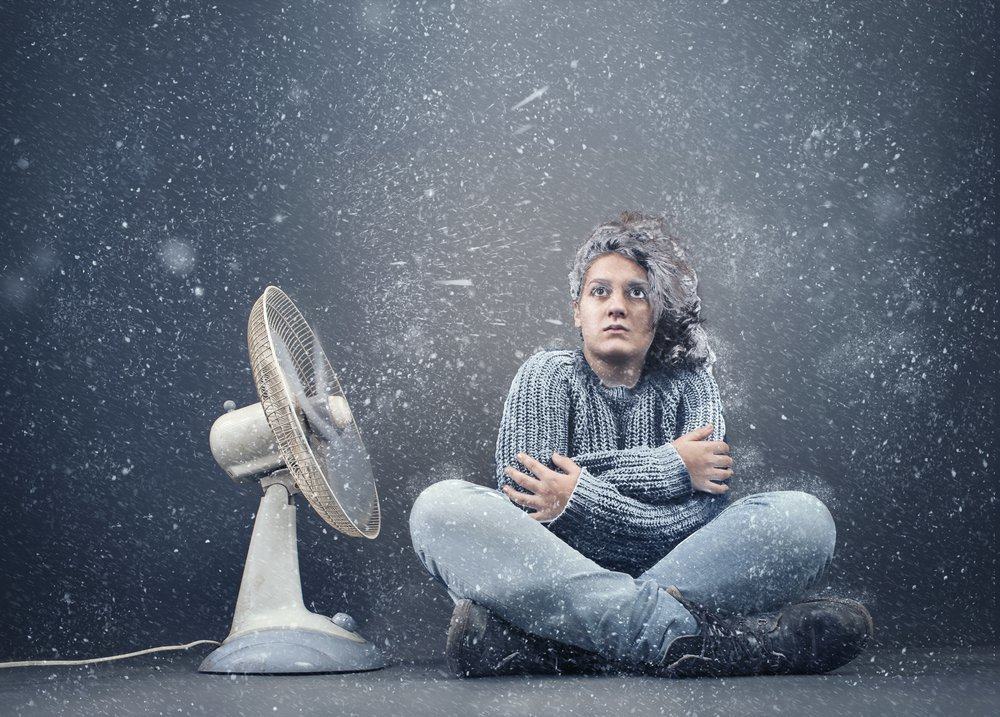Contents:
- Medical Video: High Blood Pressure Stroke Risk
- Hypertension or high blood pressure cannot be cured
- Then, what's the difference with uncontrolled hypertension?
- What causes uncontrolled hypertension?
- 1. Not doing physical activity or regular exercise
- 2. Obesity
- 3. Non-compliance in the treatment of hypertension
- 4. Experiencing stress
Medical Video: High Blood Pressure Stroke Risk
Hypertension is one symptom that is very much experienced by adults. From year to year even people who experience hypertension are increasing. According to WHO data, in the world in 2014 the increase in the incidence of hypertension in adults reached 22%. In Indonesia alone, the incidence of hypertension experienced by adults in 2013 was 25.8%. Hypertension is the main cause of coronary heart disease and stroke.
Hypertension or high blood pressure cannot be cured
Hypertension is a condition in which high blood pressure and abnormal, which exceeds 120/80 mmHg This high blood pressure occurs due to various things, especially eating patterns and unhealthy lifestyles. High blood pressure can cause a variety of health problems if not treated quickly, such as stroke and heart attack. High blood pressure also makes blood vessels clogged and its elasticity decreases, causing aneurysms, impaired vision due to blood vessels in blocked eyes, and impaired ability to remember.
Hypertension or high blood pressure is referred to as silent killer because in most adults do not know that they have hypertension, and indeed the symptoms that appear sometimes are not so visible. Therefore, many people do not realize that they have hypertension. When a person has hypertension or high blood pressure, he cannot restore normal blood pressure. Simply put, the person cannot escape high blood pressure forever. So, people who have hypertension should try to control and regulate their blood pressure not to reach very high numbers.
Then, what's the difference with uncontrolled hypertension?
According to WHO, controlled hypertension is a blood pressure of less than 140 / 90mm Hg. However, many patients who experience hypertension are not controlled, mainly due to inadequate therapy or patient noncompliance. About one half of these treatment failures are related to factors such as the costs and side effects of drugs, complex drug administration, doctors' failure to be fully aware of the benefits of antihypertensive therapy and the lack of patient education.
Other major causes of unsuccessful antihypertensive therapy are obesity, excessive alcohol consumption and sleep apneaand inappropriate antihypertensive drugs and drug combinations and unfavorable interactions with other drugs. In many patients, these factors must be addressed before blood pressure can be controlled.
What causes uncontrolled hypertension?
1. Not doing physical activity or regular exercise
Physical activity has consistently been shown to reduce the risk of incident hypertension in adults. In a study conducted by Harvard School, men who used to be involved in sports activities had a 19% to 29% lower risk of having hypertension.
2. Obesity
Physical activity and obesity have been directly linked to the development of hypertension, which is associated with the incidence of insulin resistance. Excess insulin can lead to the development of hypertension due to insulin which holds sodium in the cell, so that blood volume increases, the production of excessive hormone norepinephrine. Changes in the main determinants of blood pressure include cardiac output, peripheral vascular resistance, and the sympathetic active nervous system. Furthermore, insulin-related physiological changes become more common with age. This shows that a combination of physical activity and age-related physiological changes is an integral part of developing hypertension.
3. Non-compliance in the treatment of hypertension
One of the factors that influence blood pressure control in hypertension is compliance from each patient. A study states that around 50% of hypertensive patients do not fully follow the treatment provided. Non-adherence to therapy can be attributed to a variety of factors, including the cost of medication and related care, poor patient education about hypertension, the amount of medication to be consumed, the level of patients who are not illiterate, and the adverse side effects of the drug. Non-adherence to therapy must be a major consideration in the evaluation of all hyperbaric patients who have difficulty controlling their blood pressure.
4. Experiencing stress
Stress is an emotional tension that can affect the cardiovascular system, especially hypertension, and stress is believed to be a psychological factor that can increase blood pressure. In patients with hypertension, stress factors will affect controlling blood pressure and determining whether or not a recurrence will occur.
READ ALSO
- Symptoms of a Heart Attack Based on Age and Gender
- 12 Foods That Can Reduce Blood Pressure
- 10 Unexpected Things That Cause Blood Sugar to Rise

